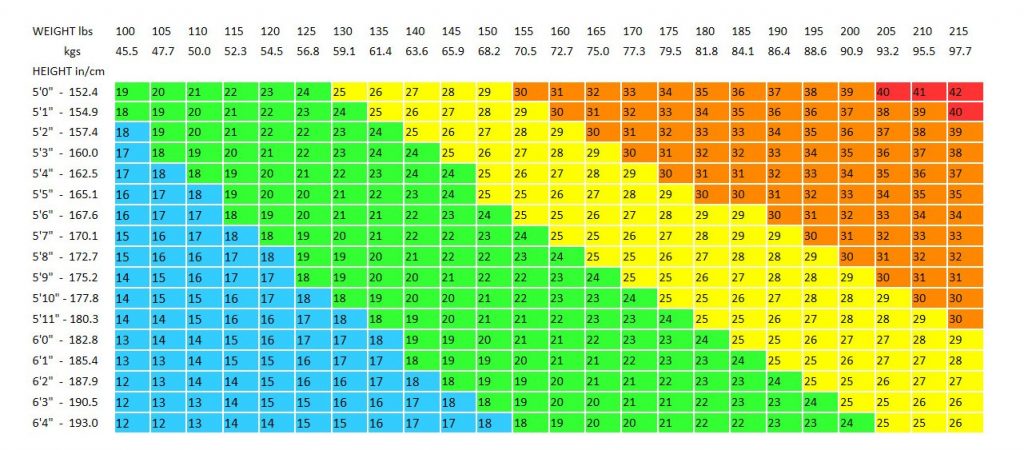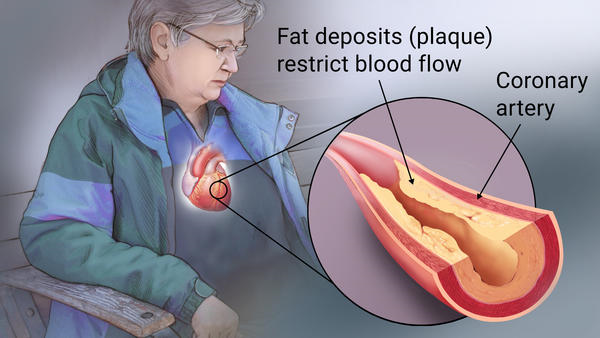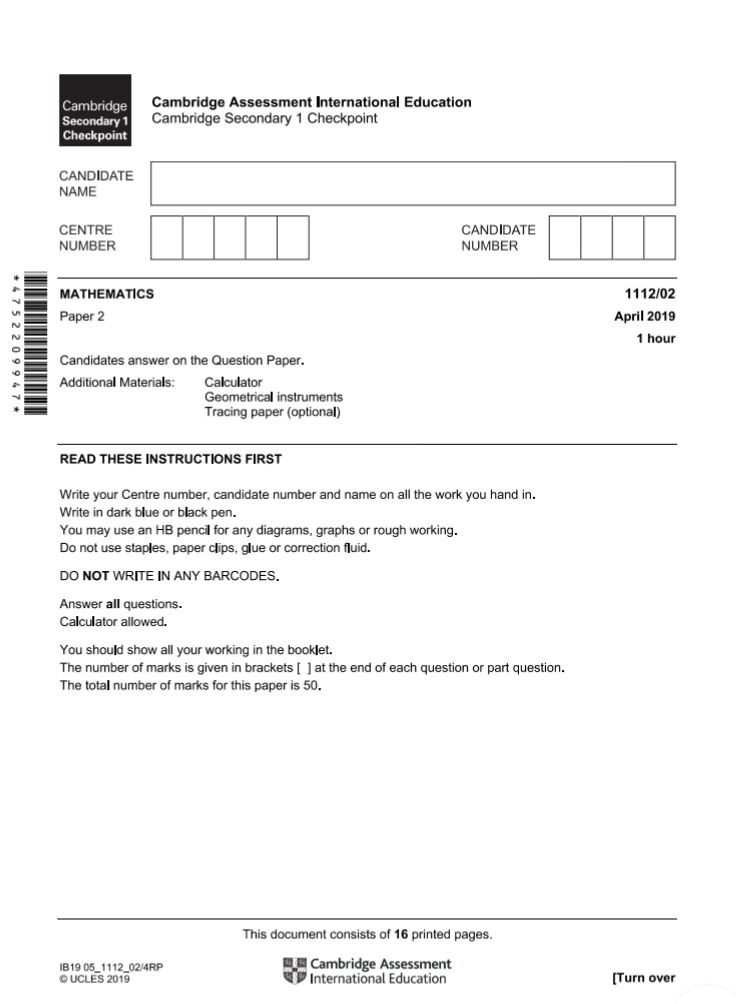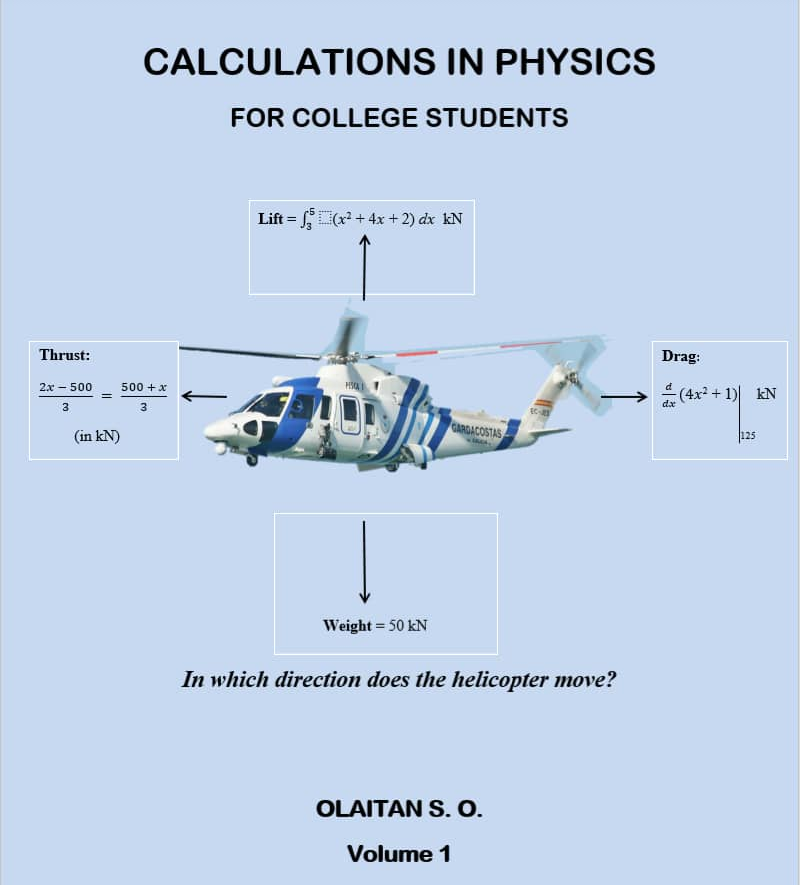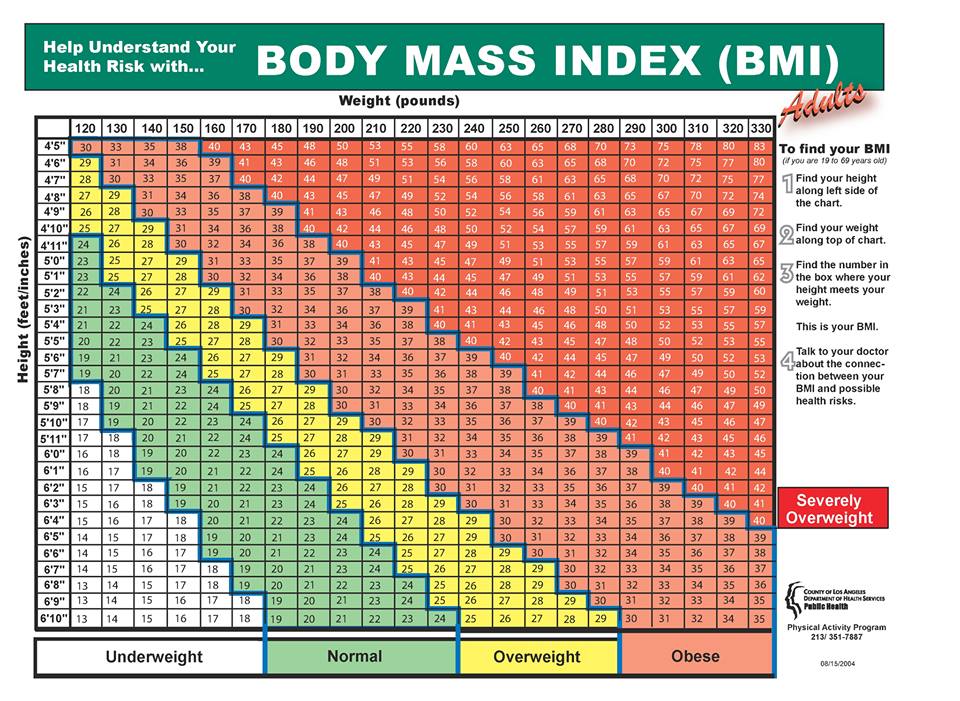
Body Mass Index (BMI) is simply the ratio body mass (weight) to the square of its height. That is,
Your BMI = your mass(weight)/(your height)2. It is expressed in kg/m2. It is an attempt to measure basically the amount of muscle, fat, and bone in an individual. With BMI, every person is categorized as either underweight, normal weight, overweight, or obese based on that person’s BMI.
Fortunately now, we have BMI chart available. BMI chart makes it easier for you to determine your BMI and the category you belong. It would tell you whether you have normal weight or not. Being “overweight” or “obese” is not determined by weight alone. A person with a weight of 70kg could be obese while a person with a weight of 90kg could have normal weight. Being “overweight” ,”obese” , “underweight” or having “normal weight” is determined by a combination of weight and height as explained by BMI.
To find your BMI from the chart, take the following steps:
- Find your height along the left side of the chart.
- Find your weight along the top of the chart.
- Find the number in the box where your height meets your weight. This is your BMI.
- Talk to your doctor about the connection between your BMI and possible health risks.
BMI Categories
Less than 18: Underweight
19 – 24: Normal weight
25 – 29: Overweight
30 – 39: Obese
40 upwards: Severely overweight
Possible Health Risks of Overweight and Obesity
Persons who are overweight and obese are at an increased risk for the following diseases:
- High blood pressure 2. Diabetes 3. Stroke 4. Heart disease 5. Cancer 6. Pregnancy problems such as high blood sugar during pregnancy, high blood pressure; increased risk for cesarean delivery. 7. sleep apnea 8. Osteoarthritis 9. Kidney disease 10. Fatty liver disease.
It should be noted that some of the diseases above can lead to death or permanent disability. So, let’s check our weights from time to time in order to live a healthy life. If you’re overweight or obese, see your doctor and shed the weight to normal weight. If you’re underweight, also see your doctor and add more weight till you have normal weight.
The immediate picture above shows what excessive fat or cholesterol does to your heart. The fat deposits narrow the passage of the blood to your heart. This could eventually lead to damage to part of your heart, heart attack and/or cardiac arrest especially if the coronary artery is completely blocked.
Possible Health Risks of Underweight
These include malnutrition, vitamin deficiencies, anemia, osteoporosis, weak immune system, increase risk for complications from surgery, fertility issues caused by irregular menstrual cycles, growth and development issues, especially in children and teenagers.
(Photo Credits: www.civicmediaproject.org, macaulay.cuny.edu., lolcaption.com, healthparkpharmacy.com)

